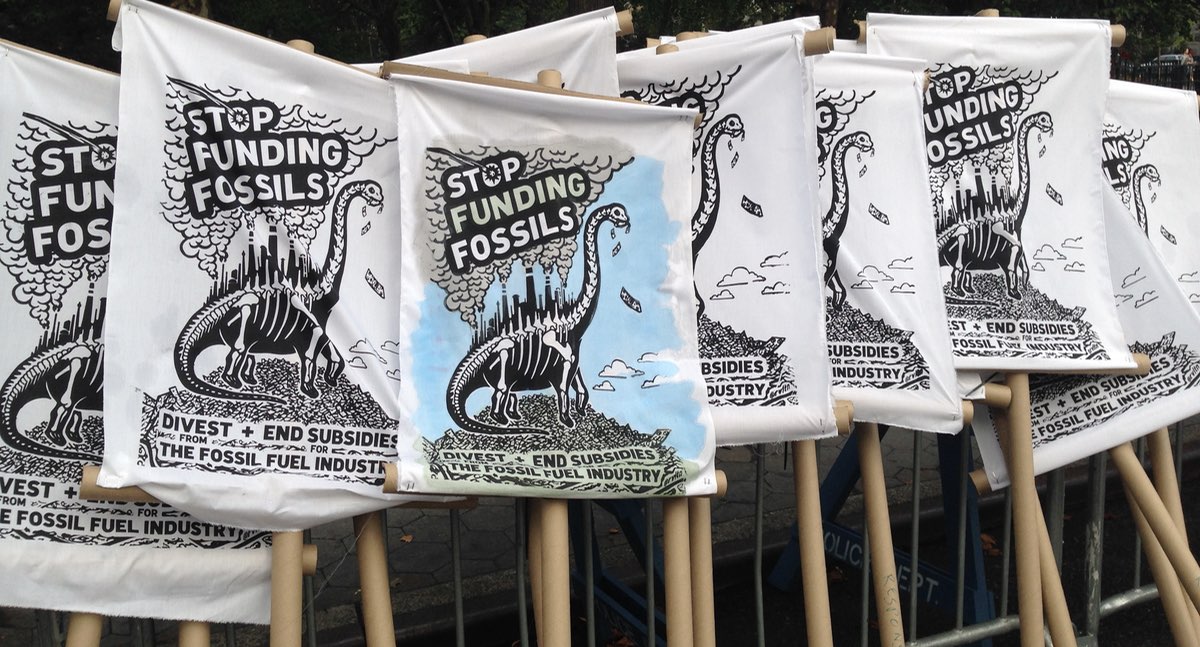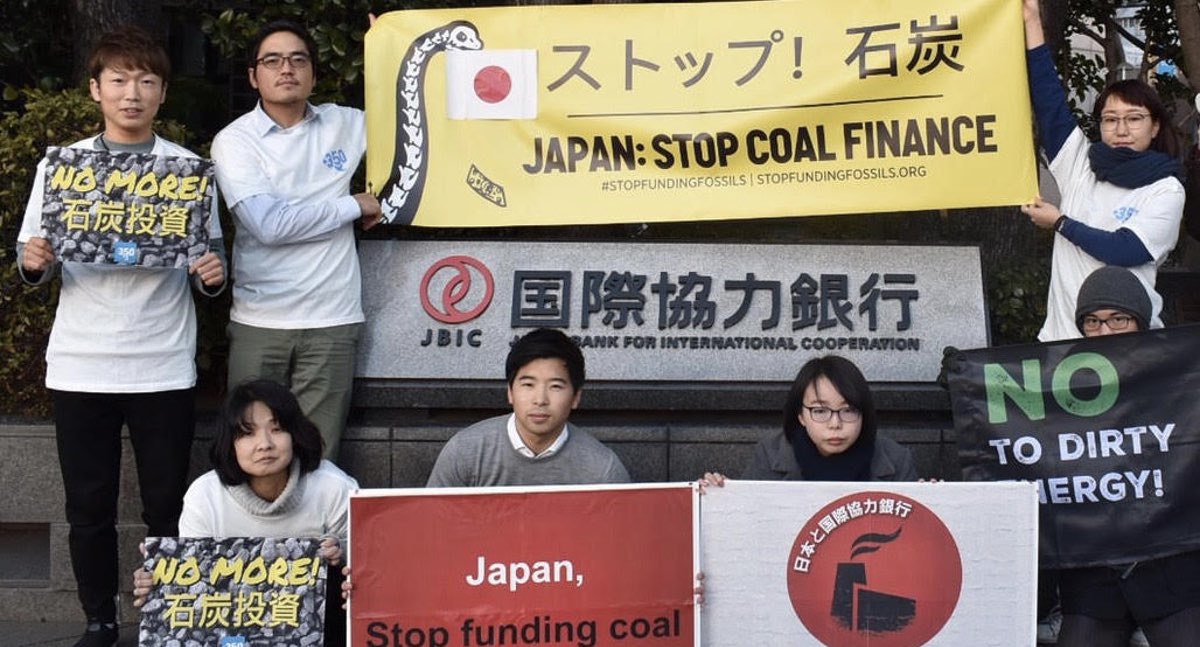STOP FUNDING FOSSILS
Our Stop Funding Fossils program uses critical analysis and strategic organizing to end the vast quantities of government support flowing to the fossil fuel industry and accelerate the clean energy transition.
Public finance and subsidies for fossil fuels play a key role in driving oil, gas, and coal production. Climate leadership means not wasting another cent of public money on the industries that are causing the problem.
OVERVIEW OF WORK
Our research shows that G20 governments spend $444 billion per year propping up oil, gas, and coal production, while the G20’s taxpayer-backed public finance institutions provide nearly 4 times more public finance to fossil fuels than to clean, renewable energy.
These massive subsidies play a key role in expanding oil and gas production and locking in existing fossil fuels: recent analysis finds that half of the new oil fields being drilled in the US would have remained undrilled if not for substantial subsidies; at the same time, public finance for fossil fuels de-risks capital-intensive megaprojects, like massive coal plants in Southeast Asia, few of which would proceed without government backing. And as oil, gas, and coal producers face increasing competition from renewable energy, instead of simply reducing fossil fuel production, they exert their political influence to get more handouts to keep extracting.
Instead of spending scarce public resources on the fossil fuel industry, our work challenges public institutions to scale up their support for distributed renewable energy solutions that can deliver energy access quickly and at least cost in many developing countries: today, support for these solutions makes up only a tiny fraction of all public finance for energy.
We know from the work of our Energy Transitions and Futures program that already-producing oilfields, gasfields, and coal mines hold enough carbon to take the world well beyond 1.5°C of warming and up to 2°C. This means that governments who’ve signed up to the Paris Agreement (that’s nearly everybody) shouldn’t spend another cent of public money on fossil fuels if they take their commitment seriously. We call on them to stop funding fossils.
LATEST PROGRAM POSTS
Written by Ross Hammond
When it comes to government handouts to the fossil fuel industry, one of the more intractable members of the Supercommittee appears to be Senator Jon Kyl of Arizona, who voted in both 2010 and 2011 to continue to give our tax money to Big Oil.
Senator Kyl made a name for himself earlier this year when he charged on the Senate floor that abortions are “well over 90 percent of what Planned Parenthood does”. Confronted with the fact that less than 3 percent of Planned Parenthood’s work is related to abortion, his office was forced to issue
In less than two weeks the Congressional Supercommittee must submit a plan to Congress to reduce the deficit by at least $1.5 trillion. One of the big questions is whether the Supercommittee will recommend cutting billions of dollars in subsidies to the hugely profitable oil, gas and coal industries.
According to a group of 36 members of Congress, as well as a coalition of 52 national and state groups, such cuts could save the government at least $122 billion over the next ten years. We know a majority of Americans of all political persuasions want these outrageous government handouts to
Story of Stuff's latest film - Story of Broke - is now here! And guess what? It's all about subsidies - and how we can shift our taxpayer money away from the dinosaur economy and towards a clean, bright future! Check it out! And then take action!
The 12 members of the Joint Select Committee on Deficit Reduction, or “supercommittee,” have received at least $4.2 million in campaign contributions from dirty energy interests lobbying to keep their wasteful taxpayer subsidies, according to a new report from Oil Change International (OCI) and Public Campaign Action Fund (PCAF). The report analyzes the millions of dollars in oil, gas, and coal dollars committee members have taken over the past 11 years, former aides working as energy industry lobbyists, and the members’ personal investments in these companies.
The report, Payback Time? The Supercommittee & Fossil Fuel Subsidies, comes on the heels of
LATEST PROGRAM RESEARCH
U.S. single biggest violator of CETP pledge, approving the most fossil fuel projects of any signatory for a total of almost USD $2.3 billion.
"Today’s announcement from the Netherlands, United Kingdom, Canada and many of their peers is a disappointment. At a time when we need rich country leaders to concretely expand their past ambition to secure a fair deal, these ministers are just regurgitating promises and initiatives that are now more than a decade old and have been so ineffective that fossil fuel handouts and profits continue to reach record levels."
Australia has joined a major international initiative to end international public finance for fossil fuels at an event held at the UK Government Pavilion today at COP28. Australia follows Norway, who also joined the initiative on Saturday.





